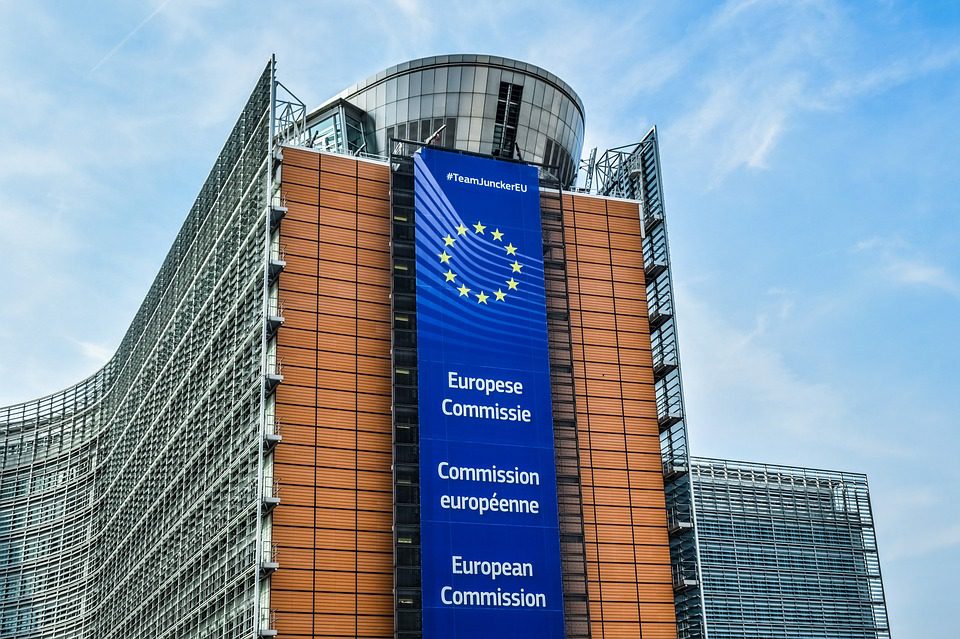The finding from the EU Ombudsman, Emily O’Reilly – that the European Commission’s failure to carry out a sustainability impact assessment on the EU-Mercosur Trade Agreement “constituted maladministration” – has been welcomed by one Irish farm organisation.
The Irish Creamery Milk Suppliers’ Association (ICMSA) argued that this decision, on top of other member states indicating that their parliaments would not ratify the deal, “must remove any possibility of the agreement proceeding”.
“It’s most likely that the Mercosur deal was not going to be going anywhere anyway. The contradictions and sheer recklessness of the premise itself were always going to ensure that it would run aground when it was subjected to any kind of sensible and logical examination,” ICMSA president Pat McCormack said.
But the comments of Ombudsman O’Reilly go way past that. What she is saying is that the sheer scale of the contradictions was so apparent so early that the conclusion of the agreement must be considered as maladministration on the part of the commission.
“This finding is completely damning of the commission’s approach and methodology and is of such importance that it simply will have to be responded to by the commission,” McCormack argued.
He added: “The fact that the EU was willing to conclude a trade agreement with a group of countries with such a mixed record on environmental issues and the necessity of responding to climate change is itself alarming.
“The way that the EU projects its beliefs and principles is by insisting that states or blocs with which it trades abide by similar principles and commitments in respect of issues like climate change and the need to safeguard the global environment,” the ICMSA president pointed out.
Ireland must insist that the commission responds to the Ombudsman’s report and that it publishes that response.
“[The Mercosur deal], from the first day it was suggested, made absolutely no sense… We now see that the EU’s own Ombudsman concurs with that criticism.
“We don’t think that the matter can rest there and the commission must respond. The Irish government must indicate that it wants that response to be made and to be published,” McCormack concluded.
